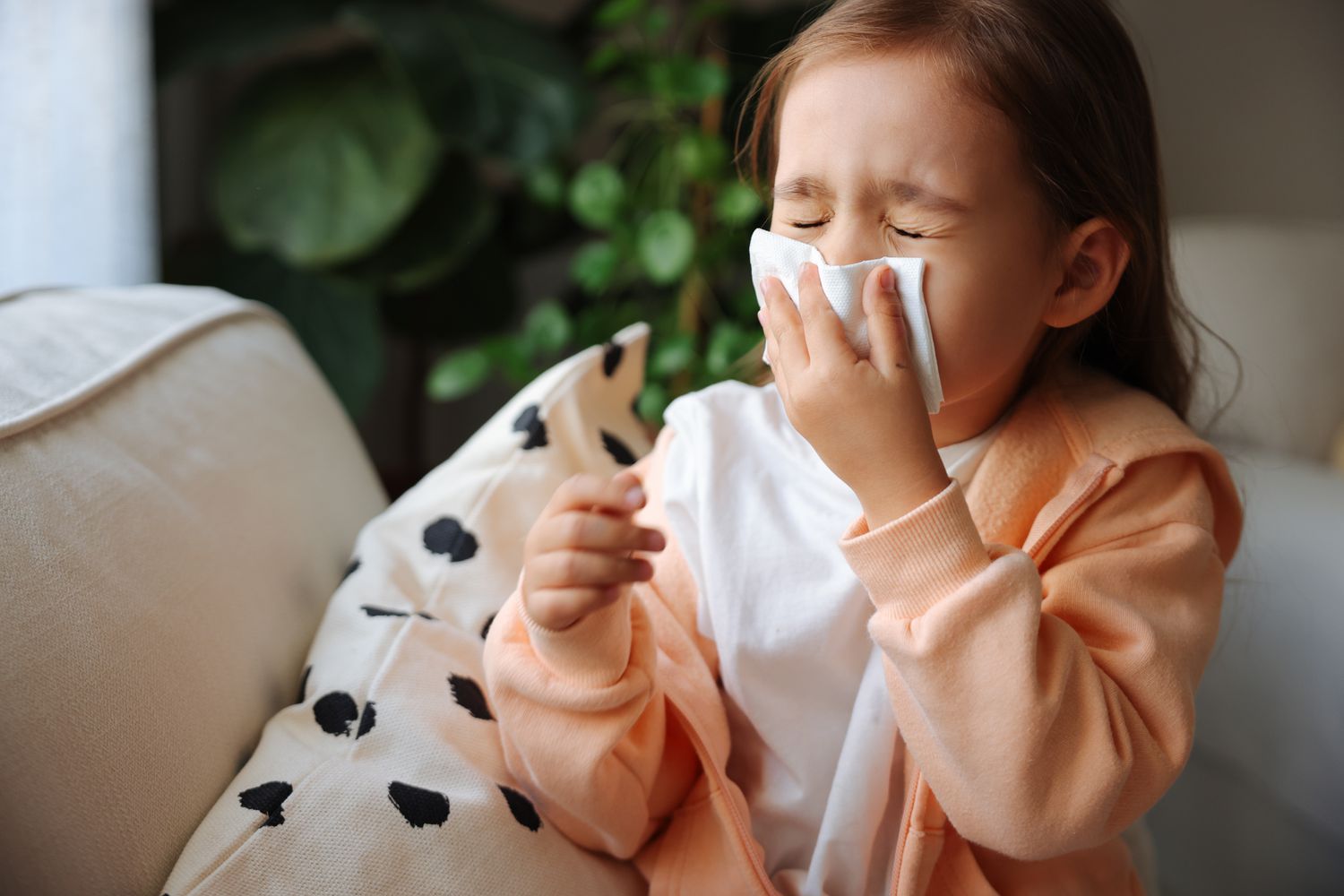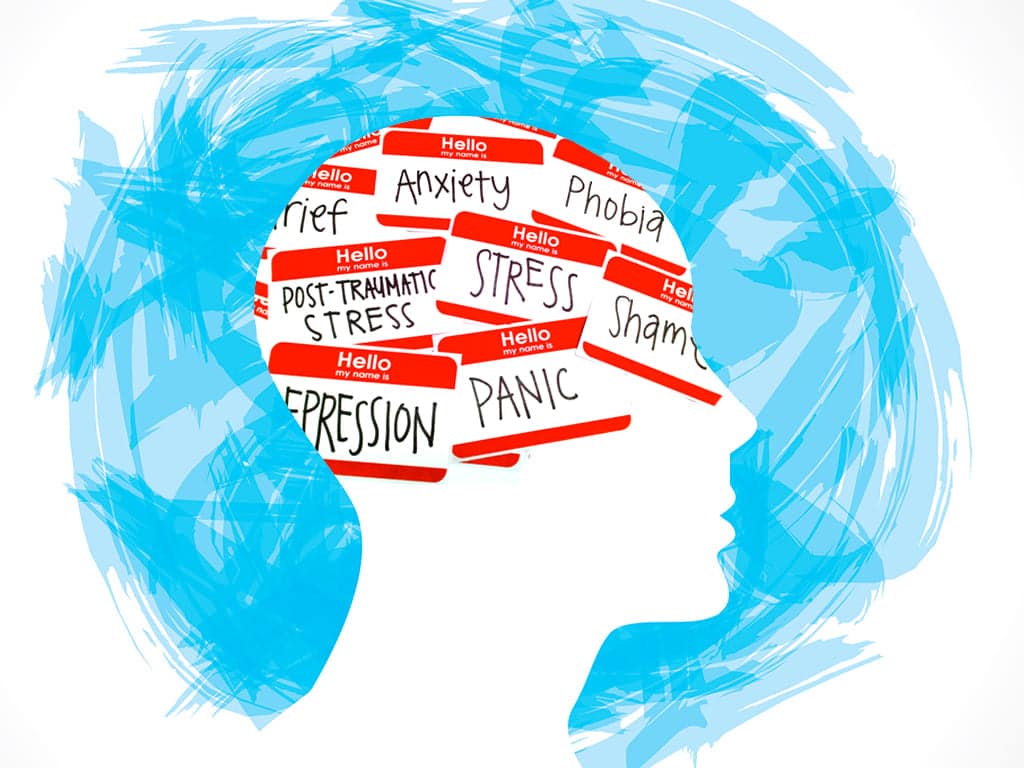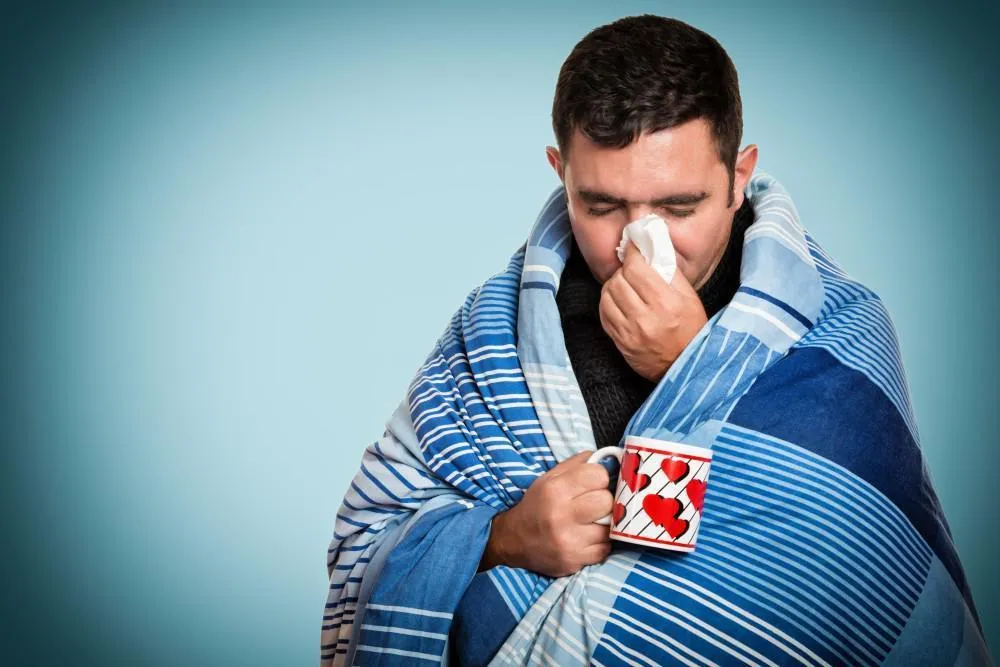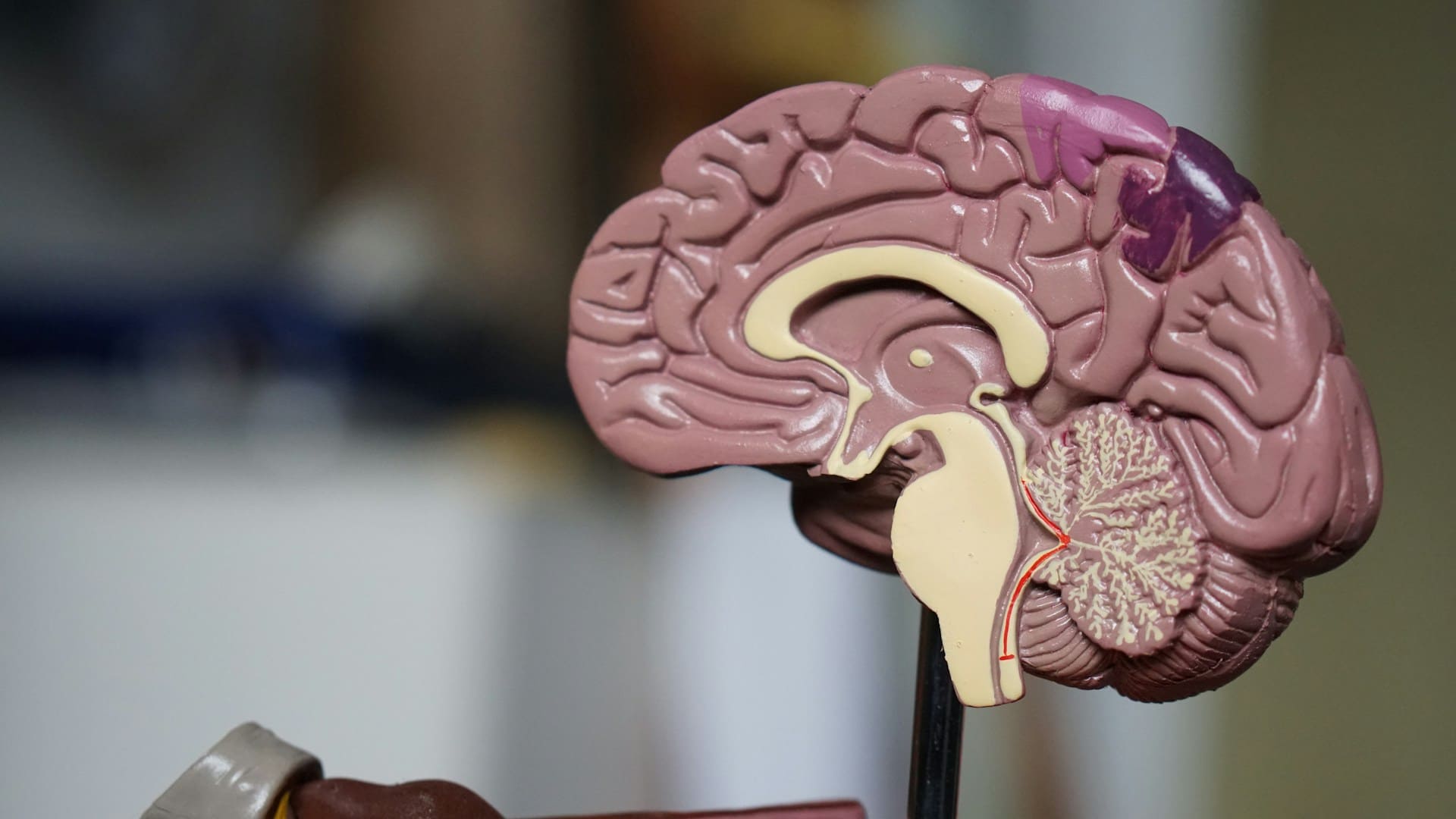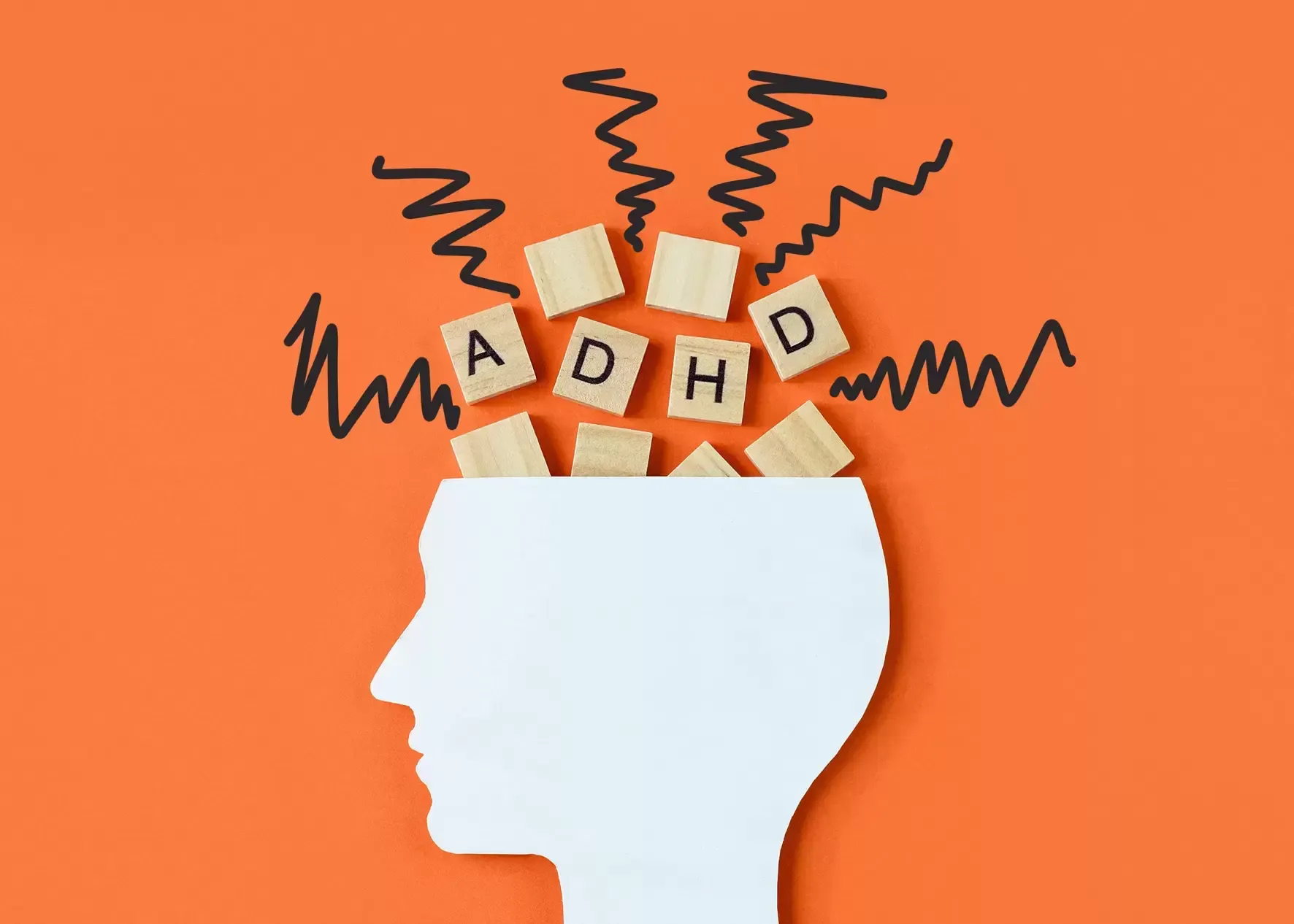The Importance of Self-Care In Managing Stress

Depending on the severity of the stress, the recovery process is different, but it always starts with conscious attention to yourself. Effective self-care and stress management go hand in hand in maintaining a balanced and healthy life.
Resilience is like an inoculation against the uncertainty and unpredictability of life. By training this “muscle,” you don’t become invincible to stress – but you know how to fix yourself because you understand the causes and nature of your condition. Yes, yes, we all know how to do that! But some things are important to understand. Unlike hair growth, skin renewal, and soft tissue repair, resilience doesn’t happen independently, regardless of us. It starts with our decision to help ourselves. In practice, resilience is always about self-care and being honest with us.
How Can Self-Care Reduce Stress?
How does self-care reduce stress? In a world today, where constant change and uncertainty have become the norm, being able to manage stress and anxiety, is a key skill for maintaining psychological health. Psychological self-help is a set of tools and techniques anyone can use to improve their emotional well-being. Depending on the situation, Mental health treatment options may include various techniques.
Improve Caregiving Abilities
Self-care consists of activities and practices that a person is involved in regularly to maintain their physical, mental, and emotional health. People can build resilience against stressors by prioritizing self-care, enhancing overall well-being and life satisfaction. Regular self-care practices, such as exercise, proper nutrition, and adequate sleep, contribute to a balanced lifestyle, helping to prevent stress before it escalates.
Improve Physical Health
Engaging in physical activities like walking, yoga, or any form of exercise can significantly reduce stress. Exercise releases endorphins, which are natural mood lifters. Additionally, maintaining a healthy diet and ensuring sufficient sleep can improve energy levels and reduce the physical symptoms of stress, such as headaches or muscle tension.
Improve Emotional Health
Emotional self-care includes activities that help you connect, process, and reflect on a full range of emotions. Balancing self-care and stress is essential for maintaining mental and physical health. Practices such as journaling, meditation, or talking to a therapist can help manage stress by providing outlets for emotional expression and promoting mental clarity. These activities can also enhance self-awareness and emotional intelligence. Mental health goals should include steps to improve emotional well-being. This will help you stay calm in the most unpredictable situations.
Improve Social Health
Social connection support is important for anyone, especially if they are under stress. There should be someone to help you cope with difficult life circumstances. Take help from loved ones, spend more time socializing, and participate in a variety of social activities. This will help protect yourself from stress or deal with it more quickly. Practicing self-care and stress management techniques helps to equalize emotions and feelings, and this becomes a strong defense against stressful situations.
Setting Boundaries
Learning to say no and setting personal boundaries are essential self-care practices. Overcommitting can lead to burnout and increased stress. By prioritizing tasks and setting limits, individuals can manage their time and energy more effectively, ensuring they have time for rest and activities that rejuvenate them. This can lead to a more balanced life and a significant reduction in stress levels.
10 Easy Self-Care Strategies to Try Right Now
Managing stress and anxiety through self-care takes time and practice, but the results can greatly improve your quality of life. Using these techniques can help you feel calmer, focused, and balanced in your daily life. Mental health assessments allow you to choose the right techniques that will ease a person’s condition and bring his or her thoughts to order. The importance of stress management cannot be overstated, and for one’s well-being, this fact cannot be ignored.
- Use reframing. There is a positive resource in every situation, you just have to see it and try to utilize it. You can find something good in any stressful situation. To do this, you just need to turn on your critical thinking ability.
- Planning. Numerous studies have shown that stress caused by daily work and household chores can be defeated with proper planning. Make tasks and to-do lists for the day and for the week. Prioritize – think about what needs to be done first, and what to postpone or delegate.
- Master relaxation techniques. There is no list of ways to deal with stress that is without this point. Because it works. Learn what mindfulness is and why this option is most common for stress relief.
- Remember your highest values. Experiments have proven that those who think about their main life values and goals (family, children, “world peace”) before a stressful event experience less stress. Incorporating self-care techniques for stress can help control your emotions and wellness.
- Capitalize on your strengths. Think about what traits of your character give you an advantage in a stressful situation. For example, everyone notes your coolness, or patience, or ability to make quick decisions, intuition. How does this help? Believing in the uniqueness of your strength, you will overcome a difficult period more easily.
- Learn to forgive. The ability to forgive mistakes or bad deeds, both to yourself and others, is one of the main virtues. Those who do not dwell on resentments and failures are less prone to depression and other psychological problems.
- Practice mindfulness. Mindfulness helps you adapt better to different situations and increases cognitive flexibility. You can practice mindfulness through books, podcasts, and apps, or you can simply start setting aside at least one minute a day to feel your body, thoughts, and abilities. Practicing self-management techniques for stress can improve mental health and increase productivity.
- Be grateful. Positive emotions are a major weapon in the fight against stress. Don’t forget to celebrate all the good things that happen to you and thank fate, yourself or others for it.
- Take breaks. Be sure to take breaks, even if you are fully immersed in the process and it seems exciting to you. A small break will help to reboot your brain and find new ways to solve the problem. If you force yourself to work when your energy is low, it’s easy to burn out physically and emotionally. Don’t forget to take a vacation. A stress-free holiday season will help restore your mental health.
- Avoid the multitasking. Do not try to do ten things at once. This is a direct path to nervous tension. Learn to respect your time and your efforts and teach others to respect them.
The benefits of stress management include improved mental clarity, enhanced resilience, and overall better health outcomes. One sign of resilience – our ability to recover – is the ability to make plans, even when things are bad. Remember that no matter how oppressive a situation is, it is finite, and sooner or later it will get easier. What will you do then? What about a week from now? What about tomorrow? What about tonight?
Always Try to Find What Works Best For You
Why is it important to manage stress? If we talk about ways to deal with stress by yourself, then the same method will not always be effective for different people. All situations are different, the character and features of a person are also different, that is why it is necessary to choose a method of self-care and fighting stress individually. What suits one person may not suit another person at all. And this is quite normal, the main thing is to find the strategy of fighting stress that will be most effective for you. Some people may find solace in physical activities like yoga or running, while others might prefer quiet, reflective practices such as journaling or meditation.
Try various types of activities and focus on how you feel while doing them. Maybe you find that spending time in nature, reading a good book, or engaging in a creative hobby helps you unwind. Perhaps you should change your daily routine a bit and how you can incorporate small self-care practices throughout your day. Consistency is key; regular, intentional self-care can build resilience against stress.
Remember, self-care is not a one-size-fits-all solution. By prioritizing and personalizing your self-care routine, you can effectively manage stress and enhance your overall well-being. Self-care to reduce stress is very important for every person because it is a way to cope with difficult life circumstances
Conclusion
The importance of self-care is essential to combat stress and improve your health. Start small by incorporating simple practices into your daily routine. Take the first step today: choose one self-care activity and commit to it. Your mental and physical health will thank you. Begin your self-care journey now with All Day Medical Care Clinic!

















